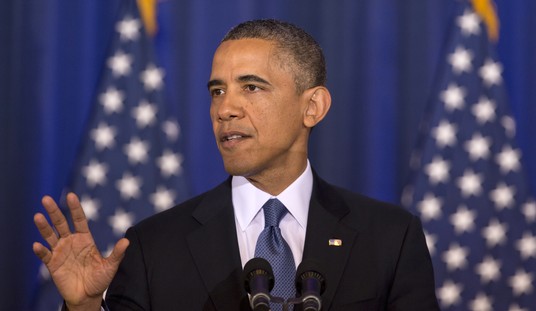Democrat Rep. Rob Andrews (NJ-01) is resigning from the U.S. House of Representatives today. His resignation comes amid reports that he violated House ethics standards by using campaign cash for personal use.
The House Ethics Committee has been investigating Andrews for nearly a year, after he allegedly used campaign funds to pay for personal trips to Scotland and Los Angeles. He also has been accused of using his daughter’s graduation party to raise money for his campaign.The congressman’s campaign committee has been spending more than $200,000 on a legal defense team to help him in the inquiry, according to The Courier-Post, a newspaper in southern New Jersey.
A report released in 2012 showed the congressman had initially paid for airplane tickets for himself, his wife and his two daughters that were worth $16,500. Andrews later used funds from his leadership PAC to pay for them.
Bill Hughes Jr. is running on the Democrat ticket in New Jersey’s House District 2. But there’s a potential ethics problem with Hughes’ candidacy. Andrews has hired Hughes and his law firm to represent Andrews in his ethics investigation. Hughes accepted a $2500 campaign contribution from Andrews, reports the Philadelphia Inquirer.
That’s a potential ethical problem for Hughes. Under New Jersey law, Hughes’ accepting Andrews’ campaign contribution may qualify as accepting a substantial gift from a client. Rule 1.8(c) says that that’s illegal.
A lawyer shall not solicit any substantial gift from a client, including a testamentary gift, or prepare on behalf of a client an instrument giving the lawyer or a person related to the lawyer any substantial gift unless the lawyer or other recipient of the gift is related to the client. For purposes of this paragraph, related persons include a spouse, child, grandchild, parent, grandparent, or other relative or individual with whom the lawyer or the client maintains a close, familial relationship.
“It’s pretty well settled in every jurisdiction in America that a lawyer is ethically prohibited from accepting ‘substantial gifts’ from clients while in the course of representing them,” said a Washington lawyer with knowledge of the race. “Certainly a $2500 political contribution is a substantial gift and if Hughes Jr. took that donation in the same general timeframe as his representation of Andrews, he could find himself on the wrong end of a complaint to New Jersey’s Office of Attorney Ethics.”









Join the conversation as a VIP Member